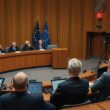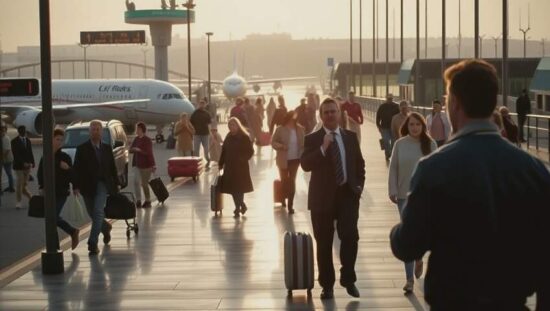Disruptions to air traffic at Munich Airport caused by drone activity have prompted Bavarian Minister President Markus Söder to suggest potential involvement from Russia. Söder characterized the incidents as a form of “hybrid warfare” aimed at creating unease and instilling fear, urging a resolute response rather than displays of weakness or panic.
He advocated for the swift establishment of legal and practical frameworks enabling the interception and defense against drones. Söder expressed criticism regarding the perceived lack of proactive measures taken thus far, noting a common pattern in Germany where action is only initiated when a crisis is imminent.
Bavaria is planning to establish its own drone center for police operations, developed in collaboration with the federal government and the German armed forces. Söder believes the deployment of the military is particularly appropriate when dealing with large drones operating at high altitudes.
He dismissed concerns raised by Federal Justice Minister Stefanie Hubig (SPD) regarding the potential use of the armed forces within Germany’s borders, characterizing it as an exceptional circumstance that could be legally justified without requiring amendments to the Basic Law.
In the same broadcast, Söder reiterated his critique of the draft bill for a voluntary defense service presented by Defense Minister Boris Pistorius. He questioned the clarity surrounding the number of soldiers required and the repercussions if sufficient volunteers are not recruited. Expressing concern that Russian President Putin may challenge NATO sooner than previously anticipated, Söder underscored the need for a more decisive approach, suggesting a return to mandatory military service if voluntary recruitment proves insufficient.





